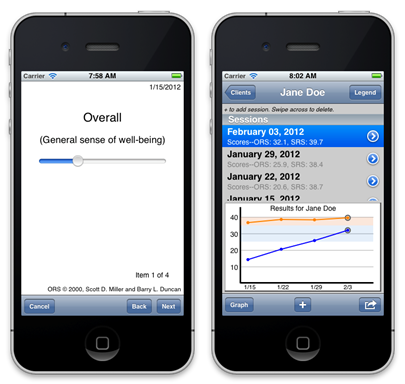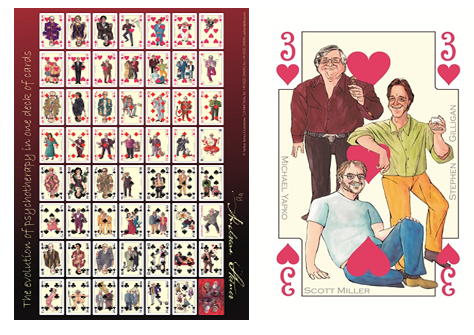If you didn’t see the October Atlantic Monthly, you really missed a great issue. In it, Amanda Ripley wrote a delightful and informative article about a simple and straightforward method for improving the performance of the public schools: have kids grade teachers. What kind of grades you ask? Not those on standardized achievement tests, and certainly not measures of a teacher’s popularity. Although both of those methods are widely advocated and used, neither has proven particularly predictive of student performance. Rather, grades should be based on how well teachers engage students; particularly whether the kids believe the teacher makes them want to work hard, pay attention, understand the course material, and identify and correct their mistakes. Indeed, in thousands of surveys, kids as young as kindergartners “can identify with uncanny accuracy, their most–and least effective teachers.”
The findings stood out for me not only because I am a parent but also because they mirror results from psychotherapy research. First, data gathered over the last three decades documents that client engagement is the number one process-related predictor of treatment outcome. Second, a growing number of studies indicates that clients can identify “with uncanny accuracy” the most and least effective treatment services and providers. Importantly, this same body of evidence shows that client assessments of their sessions and progress can be used to enhance treatment results in general as well as the effectiveness and skill level of individual clinicians.
Viewpoint clearly matters–and in the case of schools and psychotherapy, it is the recipient of the service whose opinion we should be seeking. In her article, Ripley identifies the types of questions that can be used in schools. If you are a therapist, two brief, simple-to-use scales are available for free. Research has shown that regularly using the measures to solicit client feedback improves both retention in and outcome of psychotherapy. The largest, international professional community dedicated to enhancing the quality and outcome of behavioral healthcare is available to support you in your use of the tools. There, you will find a wealth of information, discussion forums, and how-to videos available at no charge 24 hours a day, 7 days a week, 365 days a year.
In March, many members from around the world will be joining colleagues from around the world for four days of intensive training. Why not join us? We work and play hard. Rest assured that by the end of the four days, you’ll be playing an “A” game. Click here to register today. In the meantime, here’s what participants from last year said about the event.





